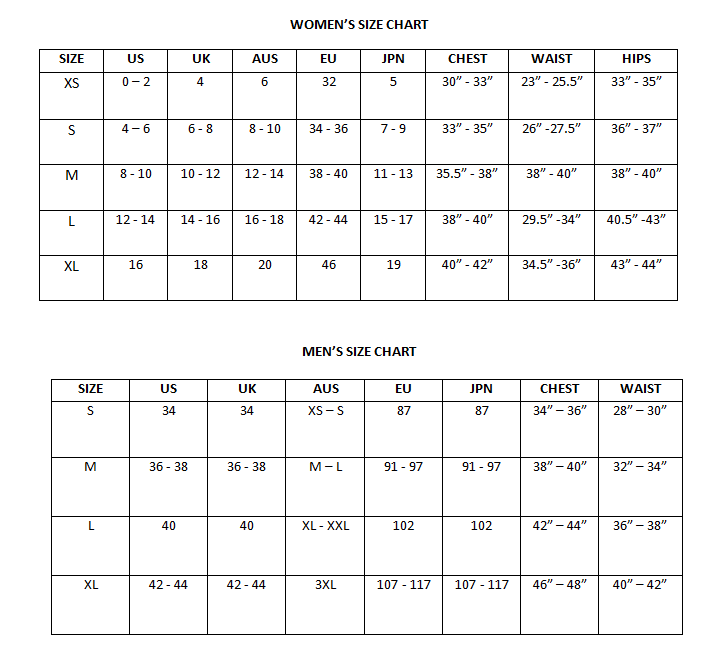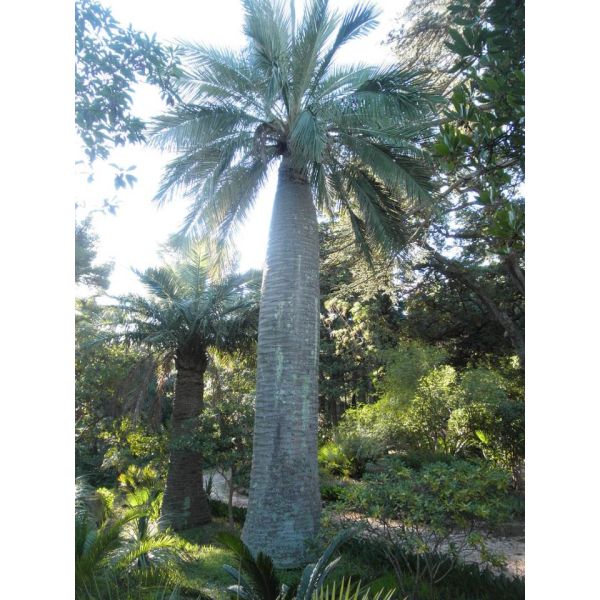Jubaea Chilensis Seeds (Chiliean Wine Palm Seeds, Coquito Palm Seeds)
Jubaea Chilensis Seeds (Chiliean Wine Palm Seeds, Coquito Palm Seeds)
Well suited to temperate and subtropical climates.Highly drought tolerant but will also do well in cold and humid condition.

Delivery
All orders shipped with UPS Express.
Always free shipping for orders over US $250.
All orders are shipped with a UPS tracking number.
Returns
Items returned within 14 days of their original shipment date in same as new condition will be eligible for a full refund or store credit.
Refunds will be charged back to the original form of payment used for purchase.
Customer is responsible for shipping charges when making returns and shipping/handling fees of original purchase is non-refundable.
All sale items are final purchases.
Help
Give us a shout if you have any other questions and/or concerns.
Email: contact@domain.com
Phone: +1 (23) 456 789
Availability: Out of stock
SKU
Jubaea Chilensis
Jubaea Chilensis (Chilean Wine Palm, Coquito Palm) is the sole living species in the genus Jubaea in the palm family Arecaceae. It is native to southwestern South America, where it is endemic to a small area of central Chile.
This Incredible Hulk of the palm world, Jubaea chilensis, dominates the landscape with his thick smooth, muscular trunk that grows to over 3 ft (1 m) in diameter and soars to heights of 80 ft (24.4 m). The trunk is gray with leaf scars. In older specimens, the trunk typically constricts near the top to form the brute's "shoulders" upon which rest a proportionally small "head" that is composed of densely packed (50) pinnate (feather-shaped) leaves. These are held stiffly erect on short stems to form a crown that is about 30 ft (9.1 m) in diameter. The leaves grow 12-16 ft (3.7-4.9 m) in length and are a darker green on top with the lower surfaces a dull grey green.
Small purple flowers are borne on 4 ft (1.2 m) inflorescence (flower stalk) that grows hidden among the leaves. The flowers are in groups of 2 male flowers for 1 female. Within the fruits are smooth tan seeds that resemble tiny coconuts. These have similar oily white flesh (endosperm) that tastes like them too! This palm will not bear flowers before it is 40 to 60 years old. The yellow round fruit, called Coquitos, are about 2in in diameter (5 cm) and the round seed, about 1in in diameter (2.5 cm).
In areas where it can be grown, coquito palm is superb as a specimen plant where it can serve as a spectacular focal point on a sweep of lawn. Assembled into burly groupings, the coquito palm strikes an awesome presence, creating a fantasy grove of huge pillared trunks.
Hardiness zones:
8-10 (-10c/15f, 1c/35f). Jubaea Chilensis does best in full sun and a well-drained soil. In cultivation it has been known to tolerate at least down to 5 ø F (-15ø C). It is undoubtedly well suited to temperate and subtropical climates. It is highly drought tolerant but will also do well in cold and humid condition. In the wild, the tree lives almost exclusively on the steep slopes of ravines. This is not a palm for the seaside as it does not tolerate salt spray. The palm?s juice has long been tapped in Chile. The juice is being used in the production of wine (therefore its name). Also, this palm is said to be a slow grower till about 15 years. At this age, growth accelerates.
| Common name | Chiliean Wine Palm |
|---|---|
| Species | Jubaea chilensis |
| Germination | Soak the Jubaea Chilensis seeds in water for 24 - 48 hrs. Crack and completely remove the endocarp. The best way is to strike a single blow to make the shell explode. Repeated strokes could damage it! The fertile germ is identified as a "flat bright brown tear" stuck on the surface of the endosperm. Treat as a preventative with a fungicide. Place them in a sterile and well drained medium, such as a mix of peat and coarse sand (1:4). Use individual small clay pots rather then a large seed bed. Cover the seeds with just a few millimeters of sand and spray with fungicide as a watering. Place the pots in a saucer and wrap them with a plastic bag to maintain moderate humidity. Put your 'treasures' in a dark warm room, for best results keep temperature around 25ø to 30øC. Open the plastic bag daily to allow fresh air to get in. Spray with fungicide when the humidity seems to reduce. Never allow the medium to be waterlogged or to dry out. Remove sprouting pots when the seedling is about 1cm high. Place them in full light and don?t repot them. Keep warmth and humidity for the first weeks. Use fungicide and allow the sand slightly to dry between watering. Begin a light feeding program as sand is a poor growing medium. Seed germination is slow, usually taking between 6 to 16 months to germinate. Be patient! |
| Price View | Price Range |

